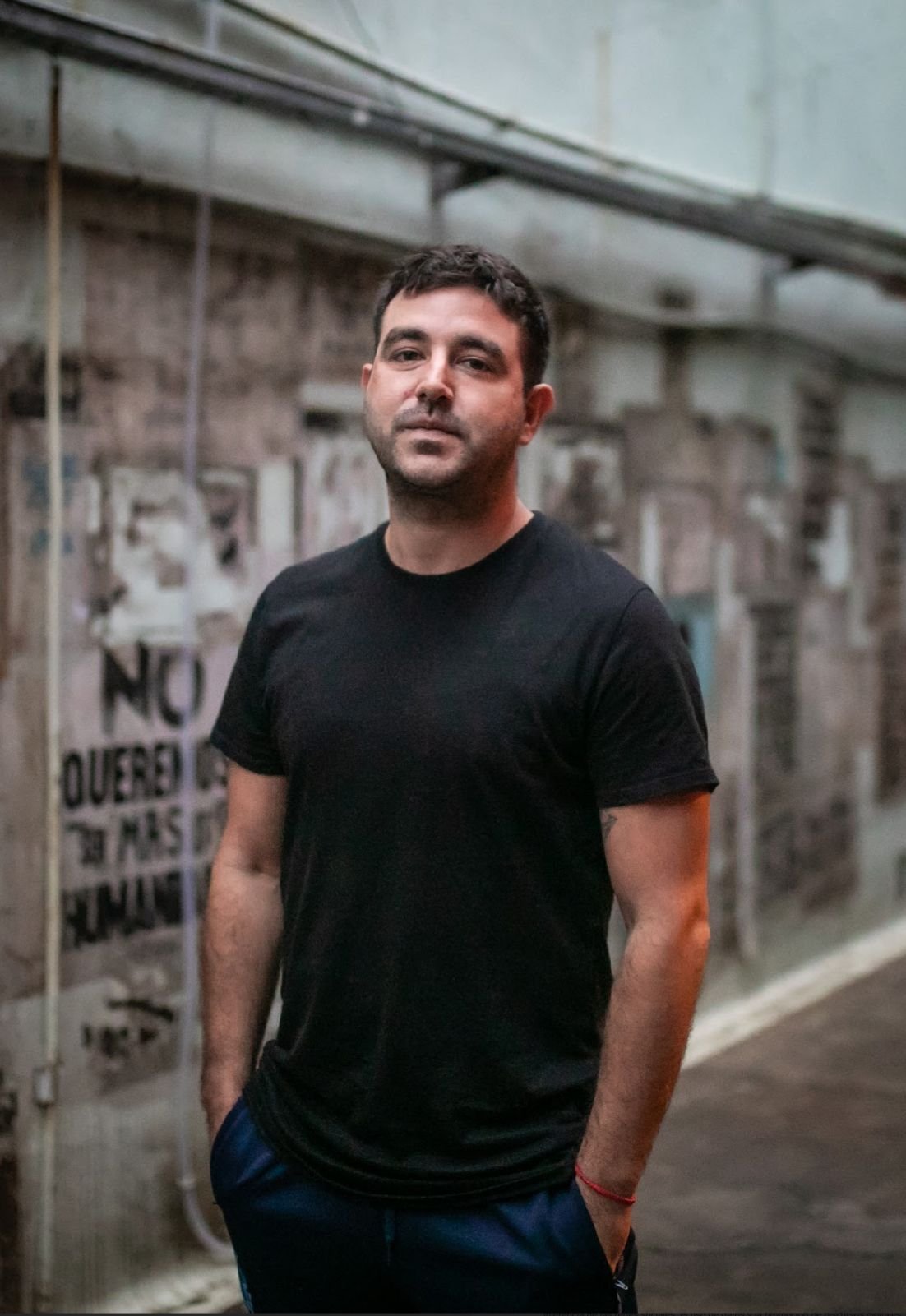Oprah Winfrey is a journalist, producer, and book critic born on January 29, 1954, in Mississippi, United States. At 70 years old, she remains one of the most influential public figures in American history. “The Oprah Winfrey Show” became one of the most successful talk shows ever aired in the United States. To summarize Oprah’s legacy in just a few paragraphs would be to diminish the immense impact she continues to have. The U.S. government awarded her the Presidential Medal of Freedom—an honor reserved for individuals whose testimonies have left a profound mark on the nation.
Early life and formative years
Oprah’s interviews and biographical accounts often reveal the adversity she faced during her adolescence. Until age six, she was raised by her grandmother, after which she moved in with her mother.
She has often recounted the difficult living conditions she endured, marked by poverty and ridicule from those around her. It is said that great strength is forged through hardship—and Oprah’s story is proof of that. After surviving sexual abuse, she ran away from home at the age of 13.
Though she had early exposure to radio, her path into communications would take shape a few years later.
By 17, she had won several contests, including a beauty pageant at the University of Tennessee. This helped open professional doors. Even before attending university, she began her career in radio as a reporter.
In the late 1970s and early 1980s, Oprah moved to Chicago, where she was offered television hosting opportunities. From a young age, she had a natural ease in front of the camera, and her compelling personality always drew attention.
A decisive move in her career
One of Winfrey’s most strategic moments came in Chicago, where she revived a failing TV show, turning it into the city’s number one morning program. But that was only the beginning. In 1985, she launched a project that would become a television institution.
The Oprah Winfrey Show
Oprah’s talk show was not just another daytime program. It redefined the genre with depth, empathy, and global appeal. With 25 seasons on air, it featured an extraordinary range of high-profile guests.
Madonna, Tom Cruise, Michael Jordan, Beyoncé, Will Smith, and Katie Holmes are just a few of the icons who sat for interviews. The final episode aired in 2011, while its first season began in 1985.
By 1986, only a year into its run, “The Oprah Winfrey Show” had become the most-watched program in America, broadcast across 120 channels. At its peak, the U.S. audience alone reached 30 million viewers—an extraordinary figure even by today’s standards.
That same year, she also acted in a major film and was nominated for an Academy Award for Best Supporting Actress. She remained fully involved in her show’s success while also stepping into film production.
Education, books, activism, and a new media era
After ending her historic talk show, Oprah launched her own TV channel: the Oprah Winfrey Network (OWN). The network has aired numerous programs, many of which she produced or hosted herself.
Publications such as Forbes and Life, along with official U.S. institutions, have consistently named Winfrey one of the most powerful women in the country. Between 2004 and 2014, her influence reached unprecedented heights.
While continuing to work in television, she also earned recognition from the Academy for her acting contributions. She established the Oprah Winfrey Leadership Academy for Girls in South Africa—an institution that empowered many young women to lead social movements.
One of her most impactful moments came during a speech connected to the “Me Too” movement, where she voiced unwavering support for mothers and women who had experienced abuse. Her words left a lasting impression on the nation.
She has also made significant financial contributions to institutions and educational projects, further cementing her commitment to empowerment and equity.
An enduring cultural force
Oprah Winfrey continues to thrive as a force in media, culture, and public life. She remains deeply engaged in causes that matter to her and in the lives of those who follow her work.
Through her book club, public speaking engagements, and ongoing television work, she remains a singular figure in American society—proof that leadership, purpose, and empathy can leave a legacy far beyond the screen.








